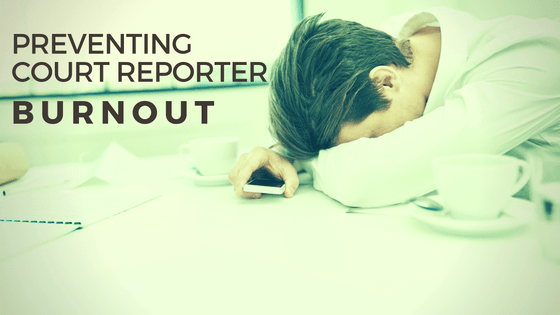Last year we court reporters of America finally got what we deserved: The spotlight, as the U.S. proclaimed its very first ever National Court Reporting & Captioning Week. This year, as we prepare to celebrate our second annual National Court Reporting & Captioning Week, Harry Reid caught our attention with his address honoring both retiring Senate reporter, Joel Breitner, and the reporting profession. This was thrilling, as it occurs just before our upcoming National Court Reporting & Captioning Week February 16-22, 2014.
In his speech beginning at the 24:50 mark, Reid talks about how “court reporters work very, very hard,” how “they transcribe every word we say,” and punches up that endorsement with, “There are times I wish they hadn’t.” Reid continues addressing the Senate, discussing how Hill reporters like Breitner saw much innovation and history in their capacity as Official Reporters for the United States Senate, but how that sometimes involved “days without going home,” yet “they never missed a beat.”
Reid reminisced about how it used to be that Senate reporters would have to first take everything down stenographically and transcribe their notes later, as his brother, 22 months his junior, did when he was a reporter. Now, however, Reid talked about how thanks to the “modern miracle” of computer-aided transcription, Senate reporters like Breitner can literally have their notes translated into English as they are writing. In fact, he pointed out that Joel was one of the first Hill reporters, if not the first, to embrace computer-aided transcription. He went on to expand upon Joel’s role not only as a court reporter, but as an eyewitness to “countless historic events,” including Clinton’s first inaugural address, and he congratulated him for his “very distinguished career.”
National Court Reporting & Captioning Week is still new, so many reporting and captioning organizations and schools don’t exactly know what to do to celebrate this occasion. The Greater Washington Shorthand Reporters Association came up with an amazing idea, “Shadow a Court Reporter Week.” Their goal in this project is to bring attention to the profession and to spread the word about the good work reporters do. St. Louis Community College will be sponsoring and broadcasting live on the Internet, with captions, its “Career Connections” program, spotlighting freelance and official court reporters, broadcast captioners, and CART reporters.
Thanks to the efforts of our state associations and colleges both during National Court Reporting & Captioning Week as well as year-round, word is getting out that court reporters not only make the appeals process possible, but they also caption for television, provide communication access realtime translation for the deaf and hard-of-hearing, and are an integral part of the entire legal process. Court reporting is not merely a job, it’s a profession, one to be proud of, with opportunities in almost every state in the nation, one that can last a lifetime.

